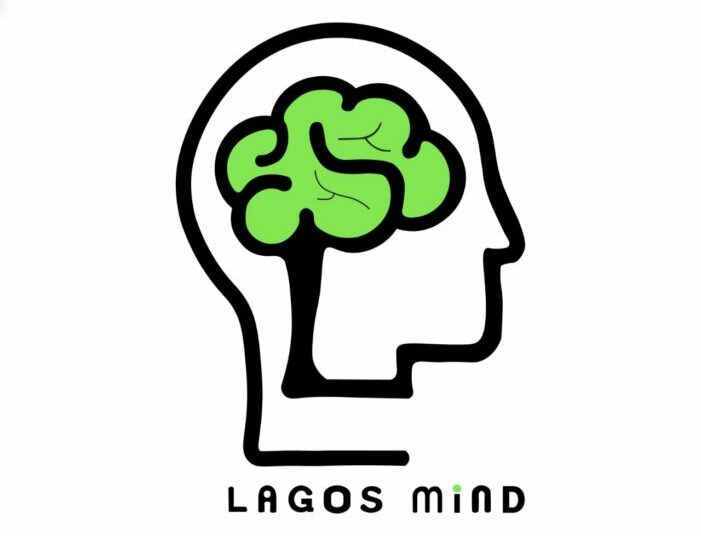Lagos State Government has unveiled the Lagos Community of Mental Health Providers (LCP) Directory, a pioneering digital registry that centralises verified information on all mental health practitioners and organisations across the state.
The launch, which took place at the Ministry of Health, Alausa-Ikeja, marks a significant advancement in the state’s efforts to enhance access to mental health services, reduce stigma, and foster collaboration among providers in Nigeria’s most populous city.
Head, Special Projects and Mental Health, Lagos State Ministry of Health, Dr Tolu Ajomale, said the directory marks a “historic and system-shaping milestone” in Lagos State’s commitment to improving access, reducing stigma, and strengthening coordination within its fast-expanding mental-health ecosystem.
He emphasised that, despite Lagos being home to Nigeria’s largest concentration of mental-health practitioners, the absence of a unified, verified information hub has long hindered access and timely help-seeking.
Dr Ajomale explained that the new directory directly addresses these gaps by providing a single, trusted, real-time platform where residents, families, health workers, development partners, and policymakers can identify credible mental-health providers, their locations, areas of expertise, and accessibility. “This platform replaces confusion with clarity, isolation with collaboration, and misinformation with accountability,” he noted.
The directory, he added, aligns with the Lagos State Mental Health Law (2018), the THEMES+ Agenda, and the Ministry’s broader public health and primary healthcare strengthening strategies. He described it as a major step toward consolidating the State’s leadership in mental-health reform and ensuring that every Lagosian can find help safely, reliably, and promptly.
According to Dr. Ajomale, the LCP Directory captures both clinical and non-clinical actors, including psychiatrists, psychologists, psychiatric nurses, social workers, therapists, NGOs, digital health innovators, research institutions, community groups, support networks, and diaspora providers offering virtual services. This inclusive scope, he said, reflects the State’s commitment to recognising all contributors to mental wellbeing.
He listed improved access to credible resources, enhanced visibility for providers, strengthened referral systems, and support for research, planning, and policy implementation among the platform’s core benefits.
According to him, the directory also establishes a more coordinated environment for partnership, innovation, and mental-health system development.
Dr Ajomale announced that registration is officially open via www.lagosmind.org/providers and www.bit.ly/ileraokan, urging all practitioners and organisations to join the verified network. He stressed that registration is completely free and subject to a multi-step verification process to ensure safety, accuracy, and compliance with the Nigeria Data Protection Act.
He further revealed that providers and organisations stand to gain significantly from increased visibility, stronger referral pathways, access to collaboration opportunities, and recognition as part of Lagos State’s official mental-health ecosystem. Periodic updates, training opportunities, and research engagements will also be extended to registered members.
Highlighting the public-health rationale, Dr. Ajomale noted that Lagos, because of its dense population and urban pressures, carries a disproportionate share of Nigeria’s mental-health burden. Yet, residents often rely on unverified sources, guesswork, or social media for help, putting them at risk of unsafe or inappropriate service referral.
He emphasised that the new directory will help Lagosians navigate crises, locate services based on LGA, cost, specialty, language, or accessibility, and reduce misinformation. “For the first time, Lagosians will have a central, reliable gateway to mental-health care,” he said.
The directory will also support government planning by enabling real-time mapping of workforce distribution, service availability, and emerging gaps in the system. Dr. Ajomale said the data-driven approach will further strengthen emergency preparedness and mental-health integration into primary healthcare.




